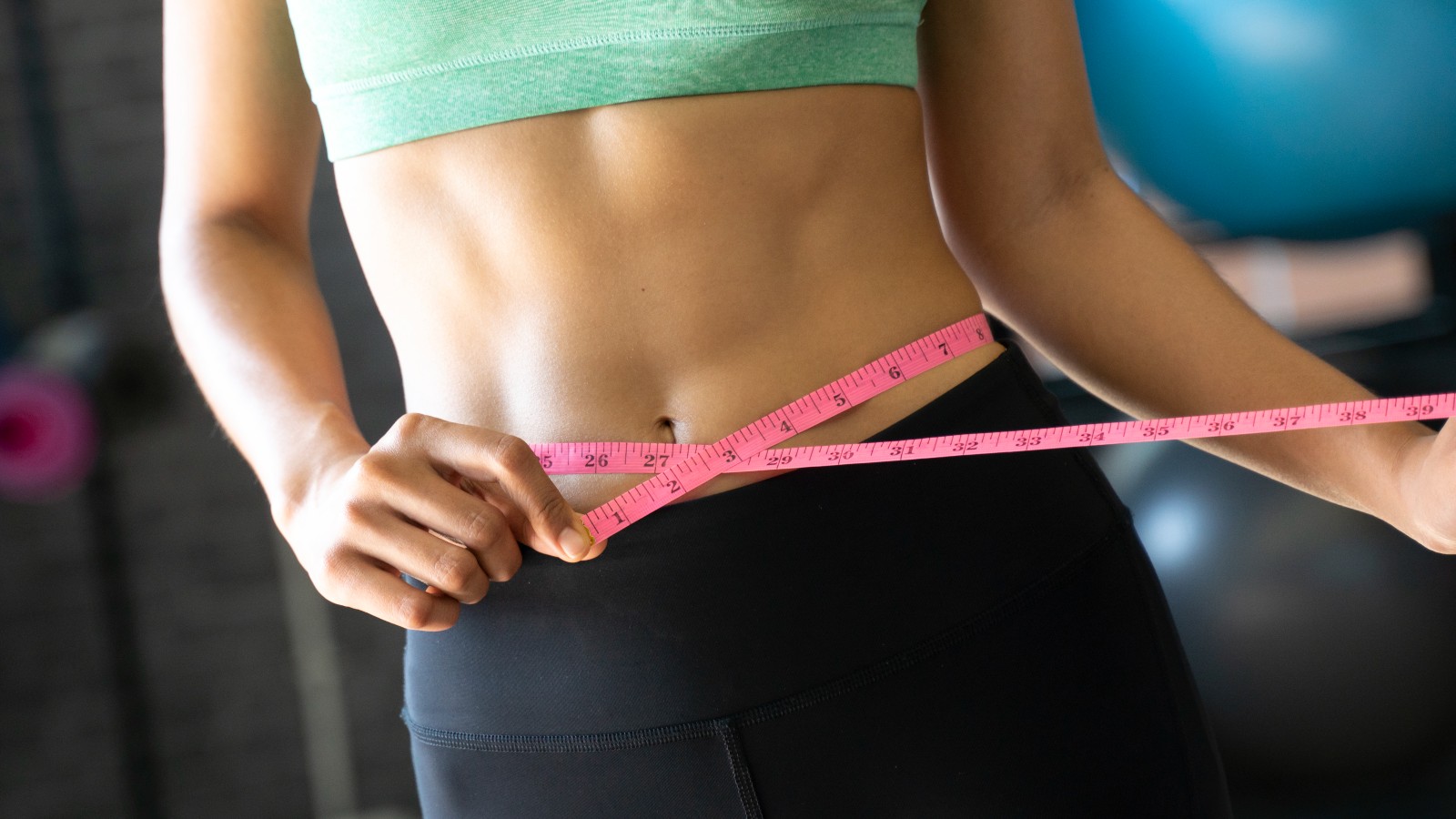Eating disorder charities have slammed this jaw-locking weight loss device
This extreme tool has been called irresponsible


Weight loss is a complicated thing to get right - with many of us experimenting with different diets and workout routines until we find out what the best thing for our bodies is.
Fads come and go, while we all know that most extreme diets don't work. But, of course, that doesn't stop some of us from trying. However, a new weight loss tool, which locks the jaw into place and means you can only consume a liquid diet, has come under criticism from eating disorder charities for promoting irresponsible weight loss.
The device named the DentalSlim Diet Control, which was created by the University of Otago in New Zealand and scientists from Leeds in the UK, is made of magnets and means the mouth can only open 2mm wide - ultimately meaning that anyone who has it fitted can't eat whole foods.
Weight loss should be done slowly, in order to see long term results. If you need some inspiration check out our guide to the best exercises for weight loss.
Otago and UK researchers have developed a world-first weight-loss device to help fight the global obesity epidemic: an intra-oral device that restricts a person to a liquid diet. Read more: https://t.co/eLhXwipiqs pic.twitter.com/Of6v3uvVbXJune 28, 2021
A study, published in the British Dental Journal, saw women who wore the device, losing an average of 6.36kg – which equated to just over 5 per cent of their body weight. However, the women said that the device was uncomfortable and affected their speech.
While people on Twitter have called it a 'medieval torture device' and eating disorder charities have called it 'heinous'. Deanne Jade, founder and principal of the National Centre for Eating Disorders (NCFED) told The Independent: “When we talk about weight loss, we’re not talking about something that prevents you from putting food in your mouth. We’re looking for changes in mindset, lifestyle, skills and strategies that people need to learn in order to change their relationship with food for life."
The University launched it on Twitter, calling it a 'world-first weight-loss device to help fight the global obesity epidemic'. However, after criticism, they clarified that it's not intended for everyone.
Get the Fit&Well Newsletter
Start your week with achievable workout ideas, health tips and wellbeing advice in your inbox.
They said: "The device is not intended as a quick or long-term weight-loss tool; rather it is aimed to assist people who need to undergo surgery and who cannot have the surgery until they have lost weight."
If you want to start changing your diet and you're looking for healthy ways to cook food check out our guide to the best health grills.
Sarah is a freelance journalist who writes about fitness and wellbeing for the BBC, Woman&Home and Tech Radar. During lockdown she found her love of running outside again and now attempts to run around 50 miles a month. When it comes to other fitness, she loves a sweaty cardio session – although since she’s been working out from home she’s sure her downstairs neighbors aren’t too happy about it. She also loves to challenge herself - and has signed up to do hiking holidays, intense bootcamps and last year she went on her dream activity holiday: paddle boarding around deserted islands in Croatia. On her rest days, she loves to recover with a simple yoga flow session – the perfect antidote to her active fitness schedule.
-
 I do these two things every day to stay fit and healthy, says the newest star trainer on Chris Hemsworth's fitness app
I do these two things every day to stay fit and healthy, says the newest star trainer on Chris Hemsworth's fitness appHere's how Centr's Korey Rowe trains for longevity
By Sam Rider Published
-
 I thought sports weren't for me, until I realised they're a game-changer for ticking off cardio
I thought sports weren't for me, until I realised they're a game-changer for ticking off cardioI swapped HIIT and running for tennis—and I've never felt better
By Alice Porter Published